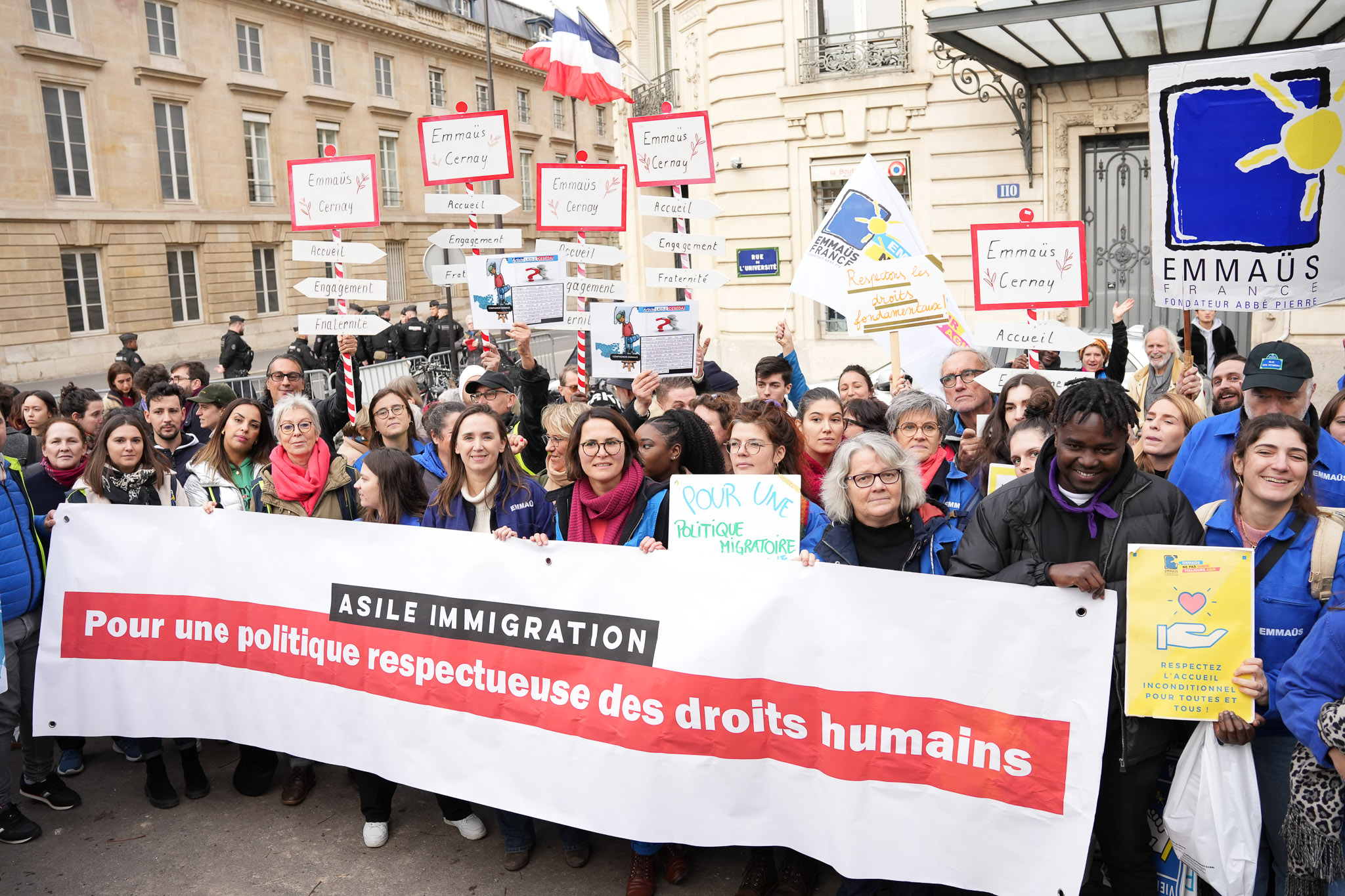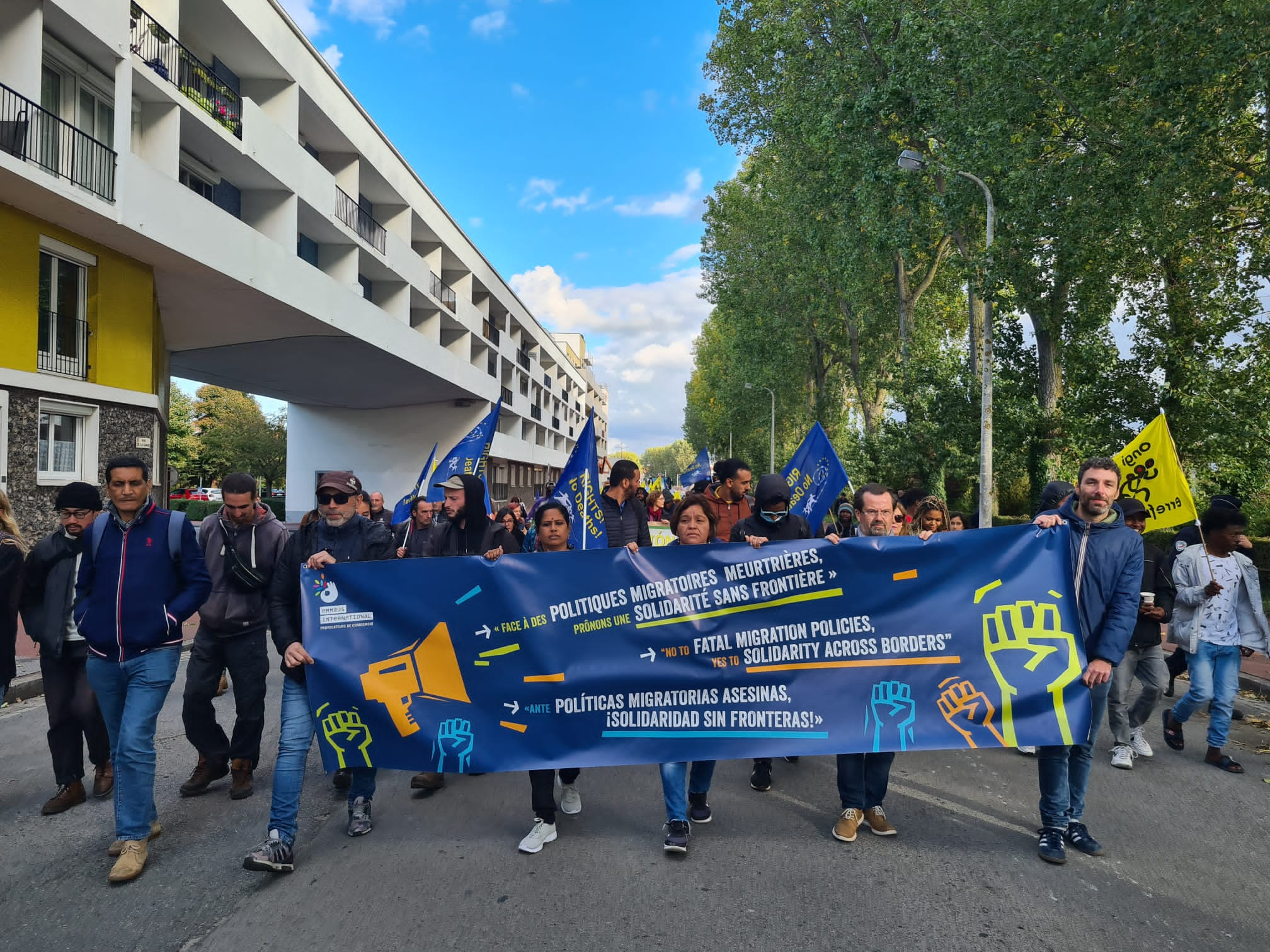"There is still the risk of 'contracts of convenience', where fictitious employers can line their pockets on the backs of migrants."

Franco Monnicchi, President of Emmaus Italy, is a fervent defender of freedom of movement. We asked him what led the Italian government to offer legal status to undocumented migrants during Covid-19. He compares it with Portugal where the government has made the same decision.
Unfortunately the motivations are not the same. In Portugal, the approach is more systematic and cultural. In Italy, the approach taken is more sporadic, responding more to an urgent need for labour. No questions have been asked about past decisions, with their racist tendencies and packaged as so-called security-related decrees. These decrees, which are still in force, are not solving the problems whatsoever. On the contrary, by not authorising virtual reception and regularisation pathways, they discriminate against people on the basis of their origin. Indeed, even if on the one hand certain rights are recognised, sometimes with the eventual (6 months) regularisation of people working in certain “key” sectors for Italians (agriculture, personal care, domestic help, livestock), this is not generally the case in other sectors where many migrants work (construction, catering, cleaning, etc.). Above all, there is still the risk of “contracts of convenience”, where fictitious employers can line their pockets on the backs of migrants.
Not to mention the very high economic cost to the migrants themselves. The necessary courage is missing from this short-sighted policy based solely on fear and consensus rather than on the principles of sustainability, fairness and the future. Indeed, it is far from being a policy that would address the real problems and grant human dignity to every person. Depending on your point of view, the glass is either half full or half empty.
At Emmaus, we believe that the ideal solution lies firmly with free movement of people and a substantial change or repeal of the existing legislation mentioned above. Nonetheless, it is also important to grasp the few positive aspects in this most recent legislation.
There are always ways to take action, involving social realities, informed people and supporting migrants in their search for work. We must also raise awareness among employers, particularly in directing them towards administrative steps for legalising migrants, but also in fighting against the practice of purchasing and selling false contracts, and by supporting actions and campaigns for decent and legal work.
In addition to continuing to do what we already do, in other words offering unconditional welcome to anyone in real difficulty, and contributing to rescue efforts, on land and at sea, working alongside humanitarian organisations such as Mediterranea.
Franco Monnicchi
Chair of Emmaus Italy


